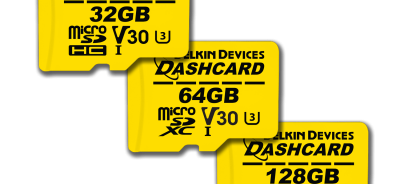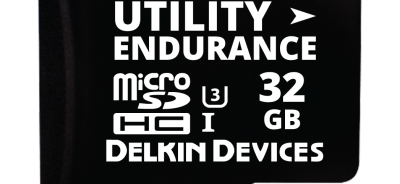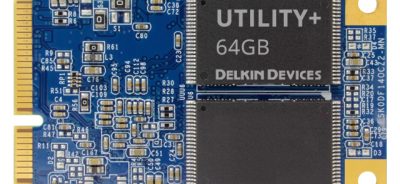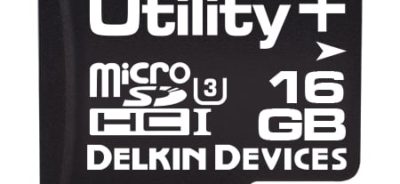Understanding the Differences Between Commercial Grade and Industrial Grade Memory
If you are shopping for flash storage devices, then you will quickly realize that there is a big distinction between commercial grade and industrial grade embedded storage products. Commercial grade flash memory is what you will find in devices like laptops, cellphones, and cameras. Industrial grade flash memory is found in applications in which data storage is critical and that are used in conditions that would push commercial grade storage past its limits. Here is a closer look at the differences between these memory types.
SLC vs. MLC Storage
Commercial grade storage is usually built using MLC flash vs. SLC flash. MLC stands for multi-level cell. With this kind of memory, two bits of data are stored on every cell in the flash memory device.
Industrial grade storage uses SLC flash memory. SLC—or single-level cell—is a form of memory in which only one bit of data is stored per cell. SLC is the most reliable form of storage. Only storing one bit of data per cell brings the risk of data loss to the lowest possible levels, and it offers the fastest possible processing speeds. Many industrial applications involve mission-critical data that simply cannot be vulnerable to loss. SLC flash memory is the key to keeping the data safe, which is why it is used in so many industrial grade devices.
Temperature Ranges
Commercial grade storage devices are well suited to consumer devices that are not likely to be exposed to extreme temperatures. Industrial grade storage is designed to survive in extreme temperatures and in environments with significant temperature fluctuations. Typically, industrial grade storage can be used in conditions ranging from -40 degrees C to 85 degrees C without any loss of functioning. This is essential for industrial applications in which these kinds of temperature extremes are normal.
Controlled Bill of Materials
Commercial grade storage doesn’t require a controlled bill of materials, because changes to the flash memory don’t cause as many complications in consumer devices as they can in industrial ones. Industrial grade storage comes with a controlled bill of materials. This means that no changes to the firmware, controller, or other critical part of the storage device will be made without advanced warning and the issuing of a new product number. This reduces the risk of failures in the field.
Find out more about commercial grade and industrial grade memory from the team at Delkin. We can help you make the best choice for your design. Contact our product team today with any questions.
 Login
Login Register
Register












